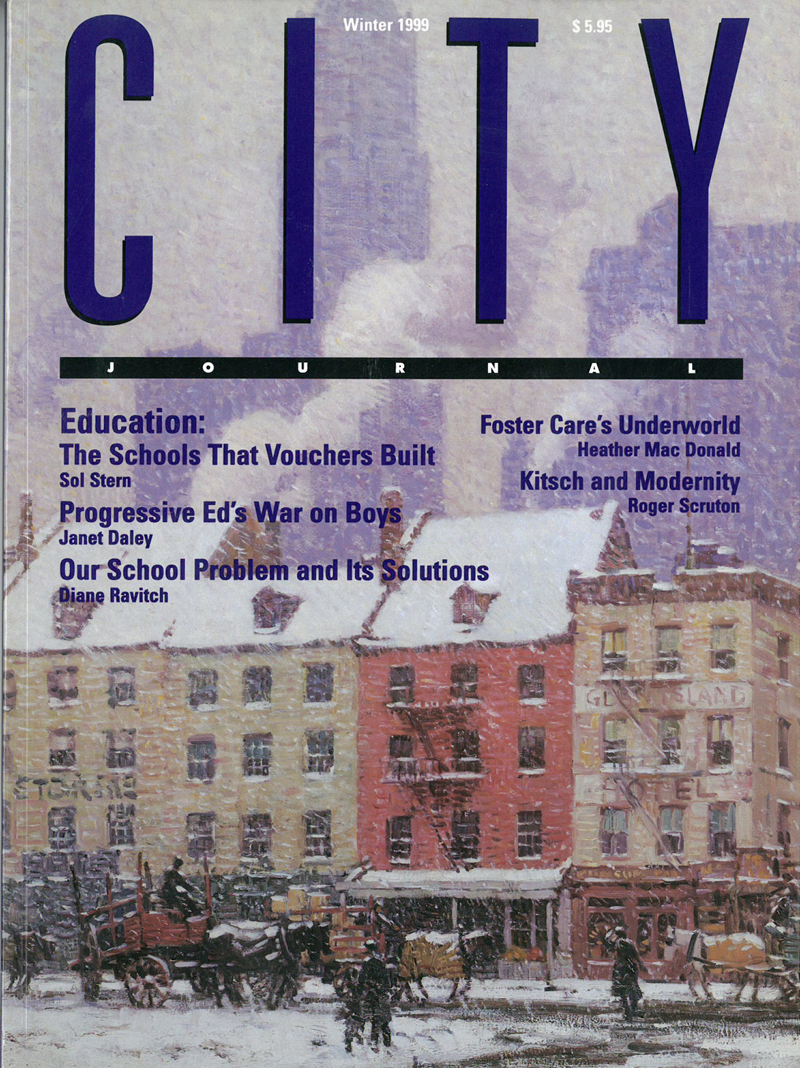Psychiatrically ill homeless people wander through New York City's streets in such sad profusion for a reason: New York doesn't have an outpatient commitment law. Outpatient commitment lets people with severe psychiatric disorders live in the community if they comply with the prescribed treatment that prevents their illness's symptoms from recurring. But if they don't take their medication—which often happens, since nearly half of the mentally ill don't realize they're sick—outpatient commitment means they can be returned to the hospital involuntarily.
Studies of outpatient commitment in Arizona, Iowa, North Carolina, Ohio, Washington, D.C., and now New York, where a pilot program has just ended at Bellevue Hospital, have proved it an excellent means of keeping mentally ill people well. A Policy Research Associates study of Bellevue's program discovered that patients on outpatient commitment took medication more regularly and were less likely to be homeless or to become violent. An outpatient commitment law would also have kept Larry Hogue, the homeless and psychiatrically disabled "Wild Man of West 96th Street," from waging a seven-year campaign of setting fires and threatening passersby on the Upper West Side.
In February, the New York State Legislature will have an opportunity to extend the Bellevue program to the entire state. It should do so. As the Treatment Advocacy Center's D.J. Jaffe argues, we prevent people with Alzheimer's disease from living on the streets, since we understand they can't take care of themselves, just as we mandate treatment for those suffering from tuberculosis, because they pose a risk to other people; "People suffering from the debilitating effects of neurobiological brain disorders deserve no less," Jaffe concludes. Predictably, the New York Civil Liberties Union opposed Bellevue's program as an infringement of patients' rights, and they will oppose its extension. But the legislation offers the best chance New Yorkers have had to help pyschiatrically ill homeless people, while at the same time improving the city's quality of life by keeping future Larry Hogues either on their medication or off the streets.
